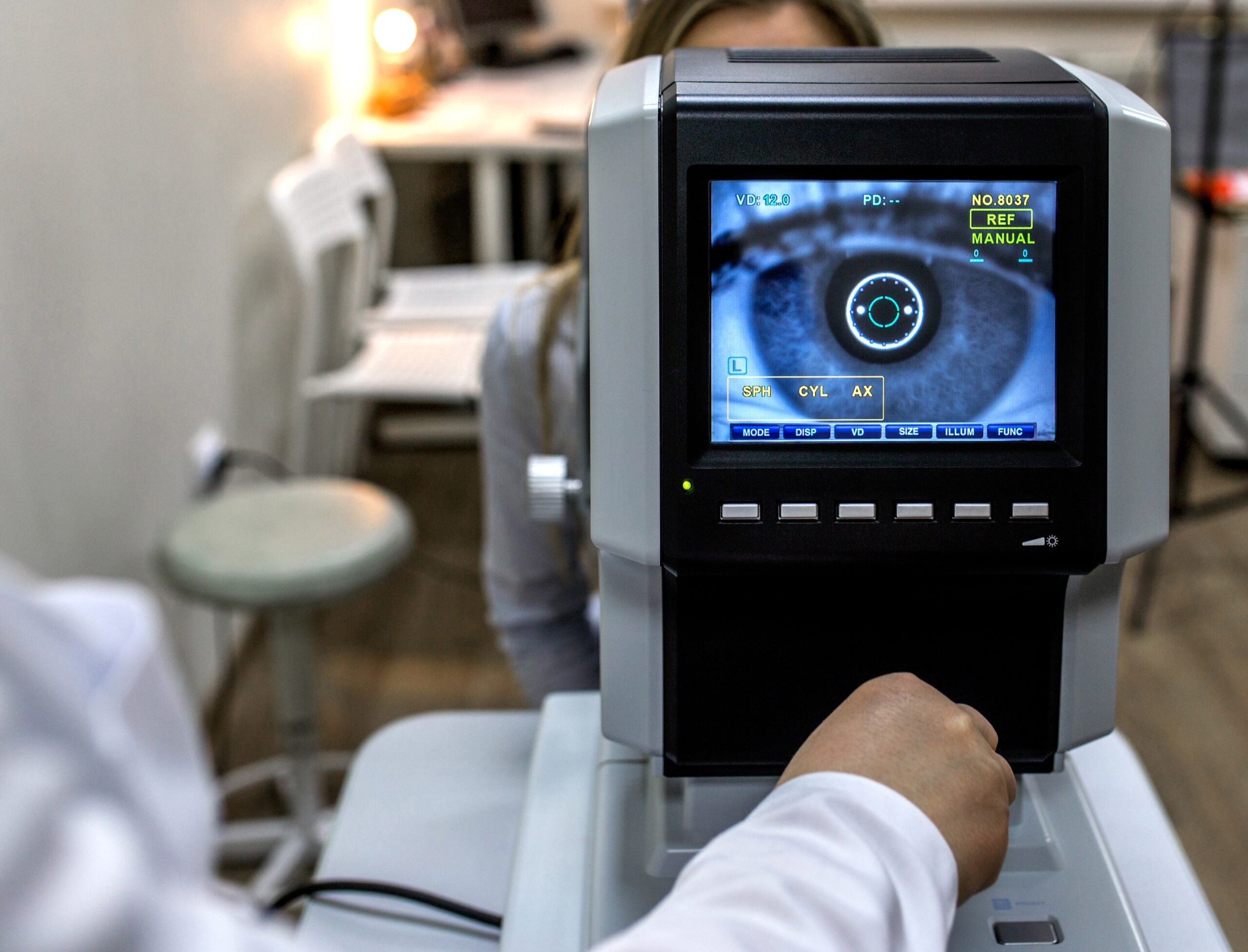On May 9th, GaBI Journal published a whitepaper titled “Canadian prescribers’ attitudes and perceptions about ophthalmic biosimilars”, based on the recent survey of 41 Canadian ophthalmologists by ASBM and the International Federation on Ageing (IFA). The paper is authored by IFA Secretary-General Jane Barratt and ASBM Executive Director Michael Reilly.
The survey revealed that 81% were not comfortable with a third party such as a government switching a patient’s medicine for non-medical reasons such as cost, as would occur under a recently-announced Ontario plan. Ninety percent of respondents said that having sole authority, with the patient, to decide which biologic medicine to use is very important or critical. And 91% considered the ability to prevent a forced switch by a public or private payer very important or critical.
Seventy-eight percent of respondents said their patients would be best served by a European-style scenario where multiple products including innovator and biosimilars are reimbursed, with biosimilars encouraged for new patients but no automatic substitution.
Only 15% preferred a system similar to that of Ontario where only government-chosen biosimilars are reimbursed, new patients must be prescribed these products, and current patients are forced to switch.
The survey’s findings are aligned with statements from the Canadian Retina Society (CRS), the Canadian Ophthalmology Society (COS) and American Academy of Ophthalmology (AAO) that call for more data, ‘given the unique immunological environment and limited tolerance for inflammation which exists with direct administration of the medication into the eye.” The CRS asks government to consider that “retinal diseases are sight threatening, and the retina has limited regenerative potential with vision loss often irreversible.
Ophthalmologists are the latest group of physicians to raise concerns with the practice of forced switching. The Canadian Association of Gastroenterology released a statement opposing the practice in 2019. Prior ASBM surveys across many specialties revealed that 83% of Canadian, 82% of European, and 69% of U.S. physicians consider it very important or critical that the physician and patient control treatment decisions, including the decision to switch to a biosimilar. 79% of Canadian, 84% of European, and 67% of U.S. physicians considered the ability to prevent a substitution similarly important.
Read the full whitepaper here.
